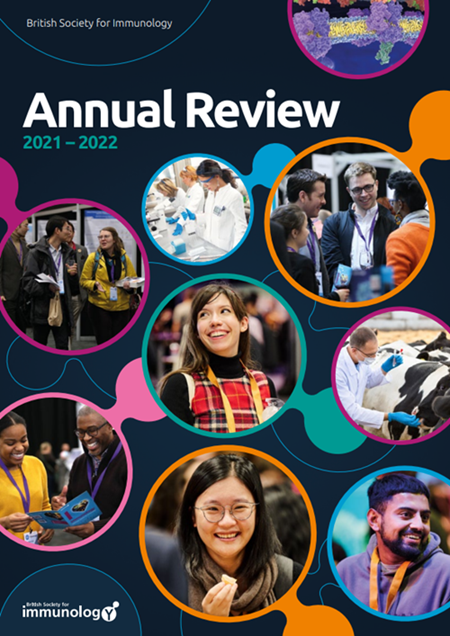Genetics of Infectious and Inflammatory Diseases: Overlapping Discoveries from Association and Exome-Sequencing Studies.
IF 26.9
1区 医学
Q1 IMMUNOLOGY
引用次数: 32
Abstract
Genome technologies have defined a complex genetic architecture in major infectious, inflammatory, and autoimmune disorders. High density marker arrays and Immunochips have powered genome-wide association studies (GWAS) that have mapped nearly 450 genetic risk loci in 22 major inflammatory diseases, including a core of common genes that play a central role in pathological inflammation. Whole-exome and whole-genome sequencing have identified more than 265 genes in which mutations cause primary immunodeficiencies and rare forms of severe inflammatory bowel disease. Combined analysis of inflammatory disease GWAS and primary immunodeficiencies point to shared proteins and pathways that are required for immune cell development and protection against infections and are also associated with pathological inflammation. Finally, sequencing of chromatin immunoprecipitates containing specific transcription factors, with parallel RNA sequencing, has charted epigenetic regulation of gene expression by proinflammatory transcription factors in immune cells, providing complementary information to characterize morbid genes at infectious and inflammatory disease loci.感染性和炎症性疾病的遗传学:关联和外显子组测序研究的重叠发现。
基因组技术定义了主要感染性、炎症性和自身免疫性疾病的复杂遗传结构。高密度标记阵列和免疫芯片已经为全基因组关联研究(GWAS)提供了支持,该研究已经绘制了22种主要炎症性疾病中近450个遗传风险位点,包括在病理炎症中起核心作用的常见基因核心。全外显子组和全基因组测序已经确定了超过265个基因的突变导致原发性免疫缺陷和罕见形式的严重炎症性肠病。对炎症性疾病GWAS和原发性免疫缺陷的综合分析指出,免疫细胞发育和抗感染所需的共享蛋白质和途径,也与病理性炎症有关。最后,对含有特定转录因子的染色质免疫沉淀物进行测序,并进行平行RNA测序,绘制了免疫细胞中促炎转录因子对基因表达的表观遗传调控,为表征感染性和炎症性疾病位点的病态基因提供了补充信息。
本文章由计算机程序翻译,如有差异,请以英文原文为准。
求助全文
约1分钟内获得全文
求助全文
来源期刊

Annual review of immunology
医学-免疫学
CiteScore
57.20
自引率
0.70%
发文量
29
期刊介绍:
The Annual Review of Immunology, in publication since 1983, focuses on basic immune mechanisms and molecular basis of immune diseases in humans. Topics include innate and adaptive immunity; immune cell development and differentiation; immune control of pathogens (viruses, bacteria, parasites) and cancer; and human immunodeficiency and autoimmune diseases. The current volume of this journal has been converted from gated to open access through Annual Reviews' Subscribe to Open program, with all articles published under a CC BY license.
 求助内容:
求助内容: 应助结果提醒方式:
应助结果提醒方式:


